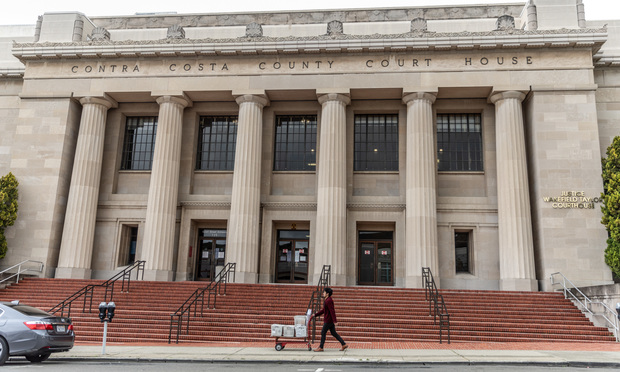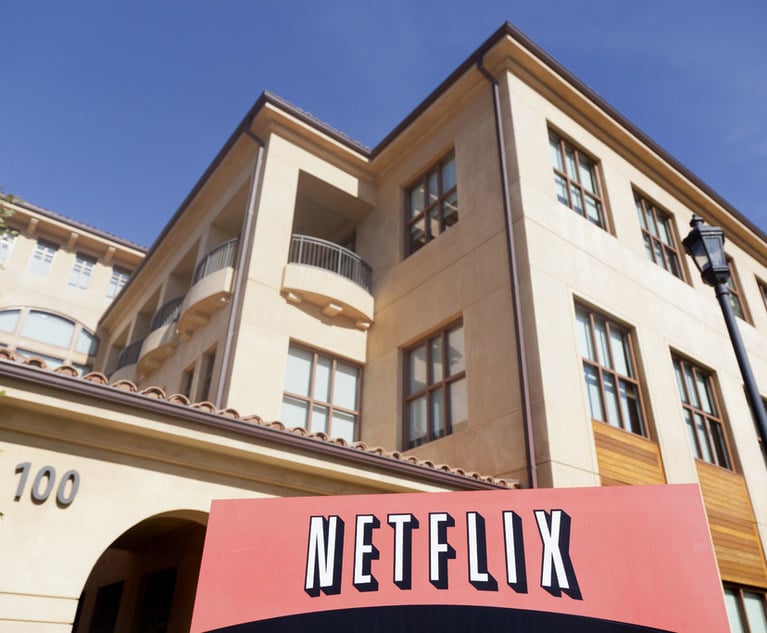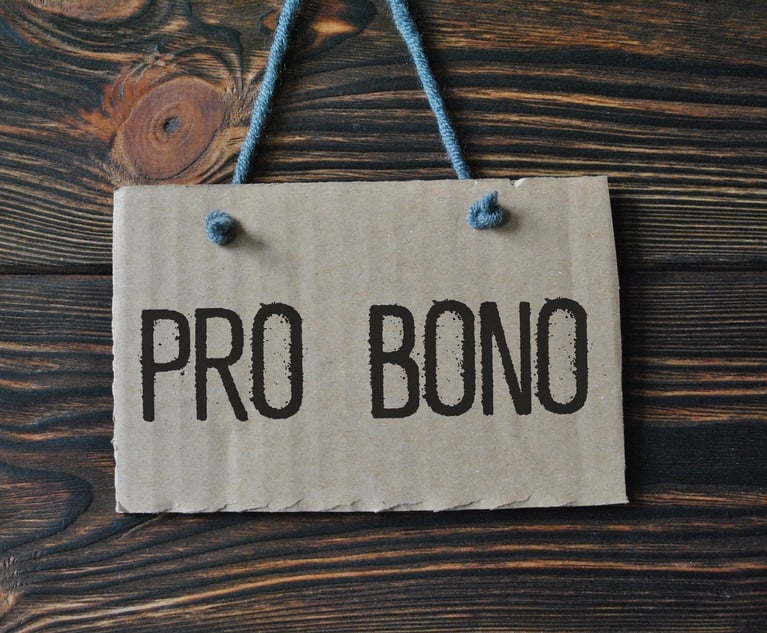They don’t teach new judges how to build Plexiglass shields for witness stands at judicial college.
Squeezing physically distanced jurors into a single courtroom for a three-defendant felony trial isn’t in the curriculum. Neither are methods for enticing a pandemic-scared public to appear for jury service.

 Contra Costa County Superior Court, located at 725 Court St., Martinez, California (Photo: Jason Doiy/ALM)
Contra Costa County Superior Court, located at 725 Court St., Martinez, California (Photo: Jason Doiy/ALM)








